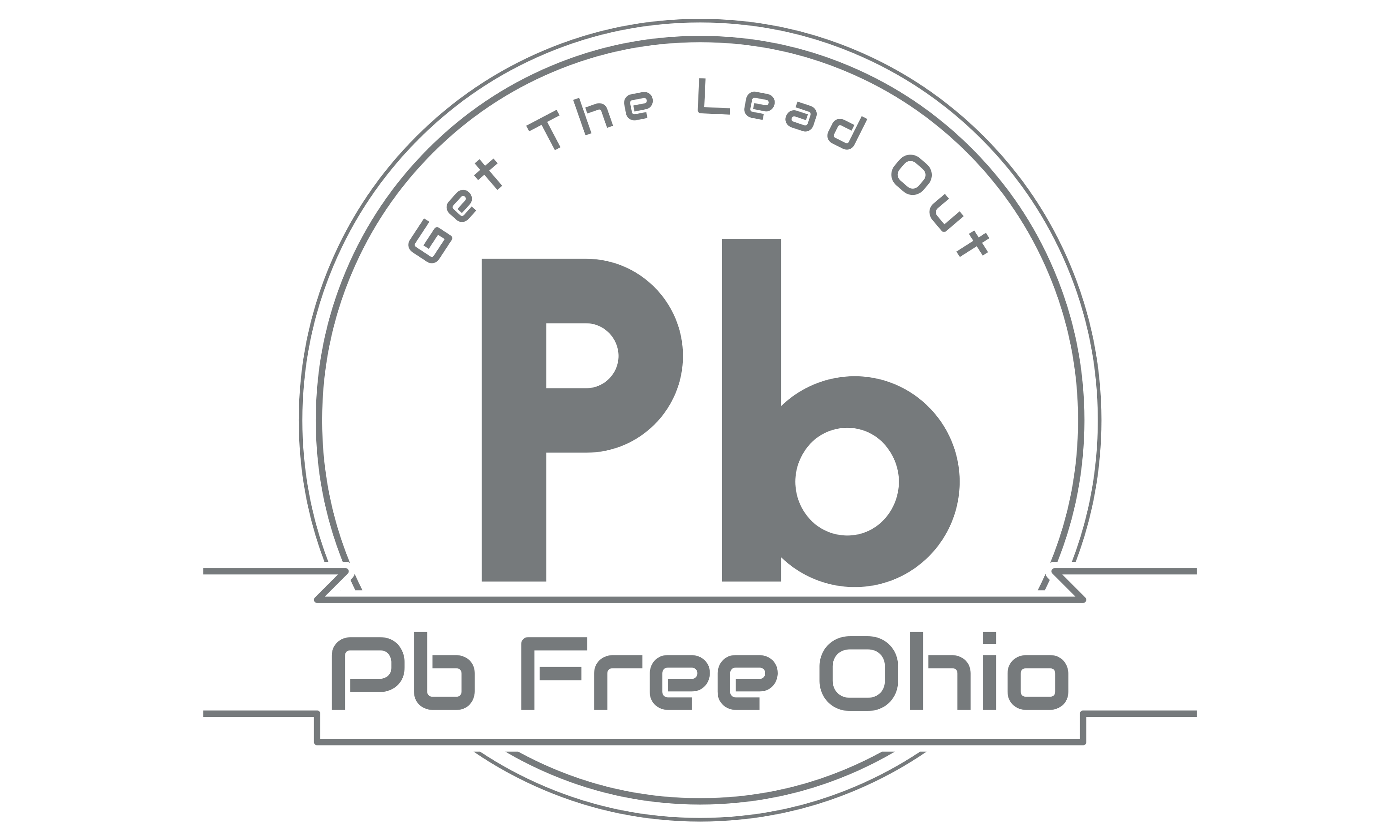
Cleveland’s children have been plagued for decades by exposure to lead, an environmental hazard that causes irreversible harm. But Cleveland is in danger of forfeiting $11.9 million in federal funding for lead abatement because City Hall again failed to spend the money fast enough.The Plain Dealer
Cleveland’s children have been plagued for decades by exposure to lead, an environmental hazard that causes irreversible harm.
And while Cleveland’s leadership, public and private, has harrumphed over and over that aggressive action is needed, City Hall continues to display a decades-old level of incompetence. The revelation now that Cleveland is in danger of forfeiting $11.9 million in federal funding for lead abatement because City Hall again failed to spend the money fast enough is absolutely stunning.
Drastic change is needed.
Community Development Director Alyssa Hernandez recently told City Council that at one time it appeared possible that the U.S. Department of Housing and Urban Development would grant Cleveland more time. But she acknowledged that may not be possible with President Donald Trump’s new administration, Sean McDonnell of cleveland.com and The Plain Dealer reported. “I don’t know if the people that I work with on a regular basis that are in D.C. are even empowered to make a decision to expand that grant,” Hernandez told the council.
The Bibb administration told the City Council that complex layers of federal regulation made it difficult to get the money out the door. That’s an excuse – one that’s unacceptable. It’s not like the feds suddenly just sprung new regulations on the city. What’s clear is that the city needs to elevate its efforts, putting more resources and people into the programs, finding creative ways to spend the money and abate lead in households.
Bibb should find a point person to direct nothing by lead removal efforts – a sort-of lead czar in charge of an extensive staff focused on finding residences, getting them qualified, and spending the federal funding. If Cleveland needs to spend more of its own money toward staffing the effort, so be it. It should have done that long ago. If Bibb cannot find someone to run the program internally, he should look outside city government – perhaps creating an independent commission that does nothing by lead abatement.
At the extreme, perhaps Gov. Mike DeWine and the state should take over the efforts.
What’s absolutely clear is that the status quo cannot continue. All the excuses ring hollow as another generation of Cleveland’s youth suffers brain damage from lead poisoning.
About our editorials: Editorials express the view of the editorial board of cleveland.com and The Plain Dealer — the senior leadership and editorial-writing staff. As is traditional, editorials are unsigned and intended to be seen as the voice of the news organization.
